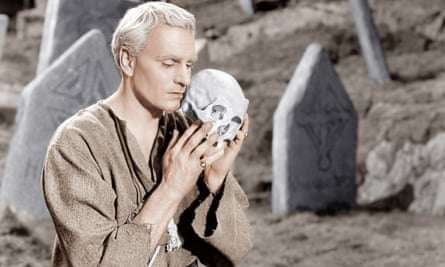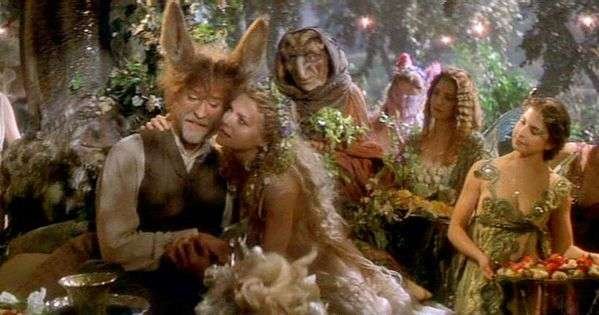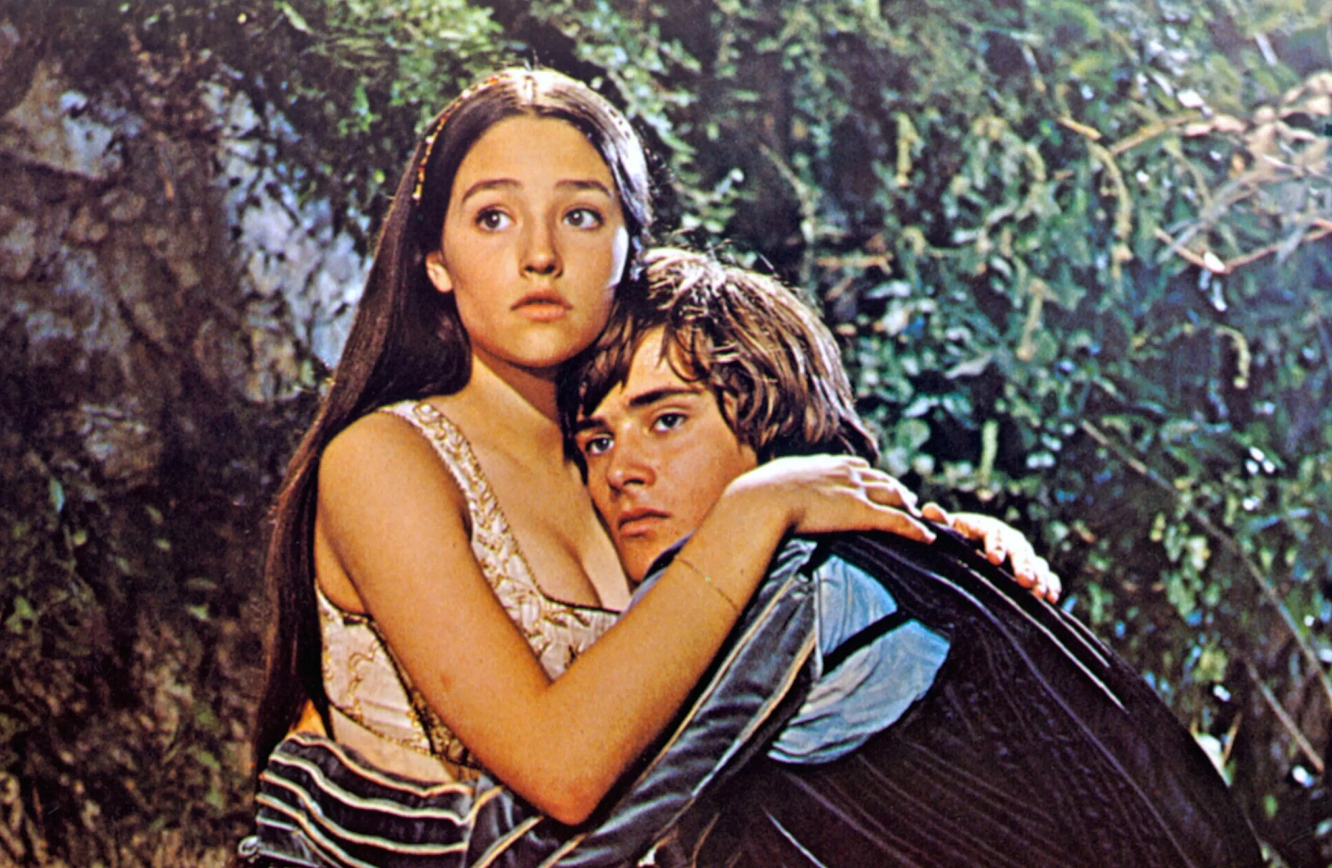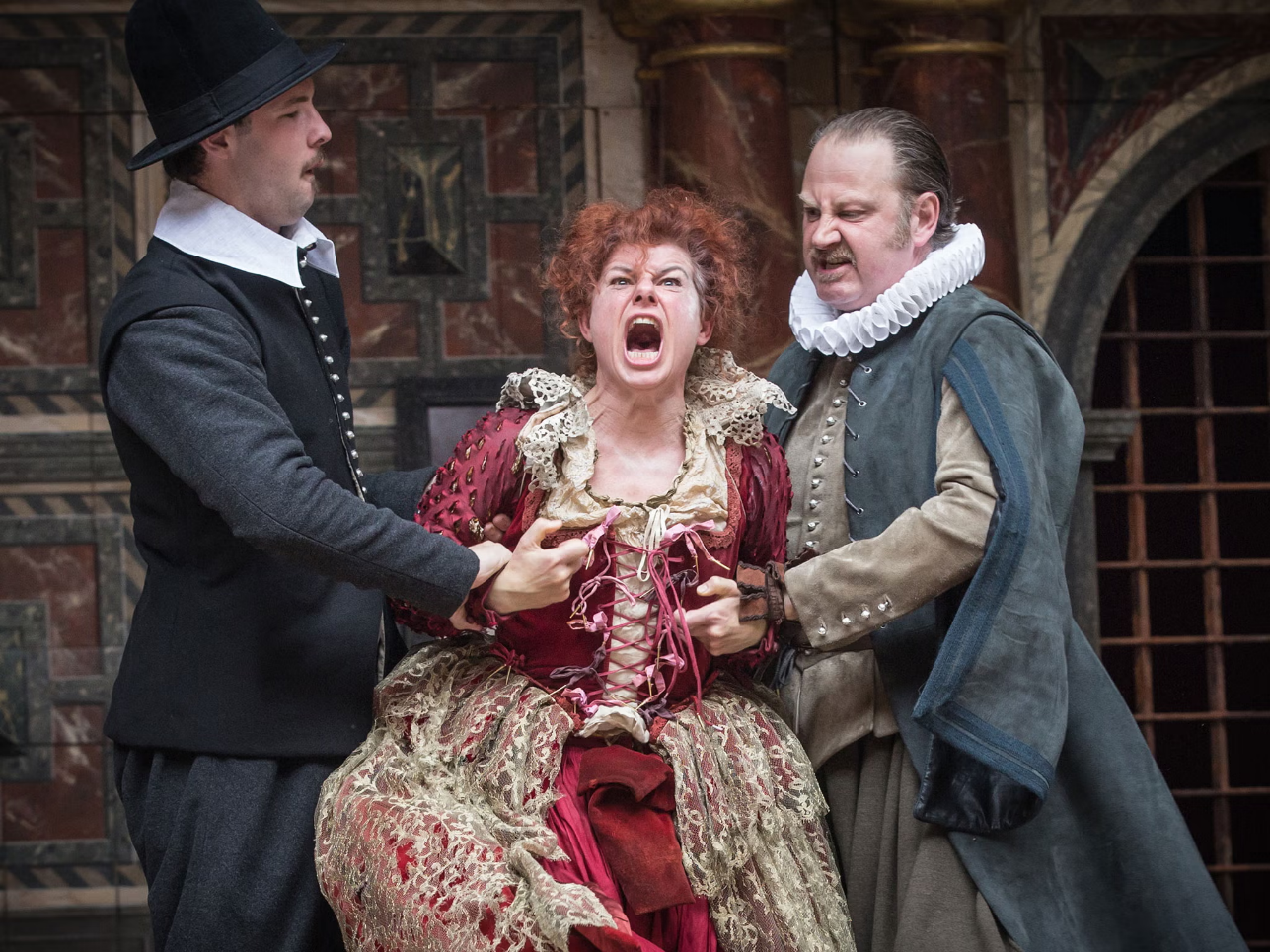Bits & Pieces
Shakespeare’s Satirical Sonnet 130
William Shakespeare wrote a funny satirical sonnet which has gained widespread acclaim for centuries. His famous “Sonnet 130”, which follows below.
“My mistress’ eyes are nothing like the sun;
Coral is far more red than her lips’ red;
If snow be white, why then her breasts are dun;
If hairs be wires, black wires grow on her head.
I have seen roses damask’d, red and white,
But no such roses see I in her cheeks;
And in some perfumes is there more delight
Than in the breath that from my mistress reeks.
I love to hear her speak, yet well I know
That music hath a far more pleasing sound;
I grant I never saw a goddess go;
My mistress, when she walks, treads on the ground:
And yet, by heaven, I think my love as rare
As any she belied with false compare.”
William Shakerpeare’s sonnet is a mocking parody of the Renaissance poetic style of Petrarch’s use of simile and metaphor of comparing his lover to things in Nature. A highly idealized notion of a woman’s beauty. By Shakespeare’s time Petrarchian poetic style was seen as cliché and ridiculous.
Love does not need conceits to be real. A woman does not need to look like flowers or the sun to be beautiful.
Other Shakespeare’s Satire

Hamlet, a satire that royalty is not always fit to run a country.

A Midsummer Night’s Dream, a satire on human folly. A goddess under a spell falls in love with a mortal fool turned into a jackass.

Romeo and Juliet, a satire on idealized infantile love. A 3-day affair between an 18 year old and a 13 year old causes the death of six people.

The Taming of the Shrew, satire on male authority and female subservience.

Measure for Measure, satire on aristocratic morality and justice.
A Modern Version
Poet Laureat Billy Collins satire poem on simile.
Litany
You are the bread and the knife,
the crystal goblet and the wine.
You are the dew on the morning grass
and the burning wheel of the sun.
You are the white apron of the baker,
and the marsh birds suddenly in flight.
However, you are not the wind in the orchard,
the plums on the counter,
or the house of cards.
And you are certainly not the pine-scented air.
There is just no way that you are the pine-scented air.
It is possible that you are the fish under the bridge,
maybe even the pigeon on the general’s head,
but you are not even close
to being the field of cornflowers at dusk.
And a quick look in the mirror will show
that you are neither the boots in the corner
nor the boat asleep in its boathouse.
It might interest you to know,
speaking of the plentiful imagery of the world,
that I am the sound of rain on the roof.
I also happen to be the shooting star,
the evening paper blowing down an alley
and the basket of chestnuts on the kitchen table.
I am also the moon in the trees
and the blind woman’s tea cup.
But don’t worry, I’m not the bread and the knife.
You are still the bread and the knife.
You will always be the bread and the knife,
not to mention the crystal goblet and—somehow—the wine.



